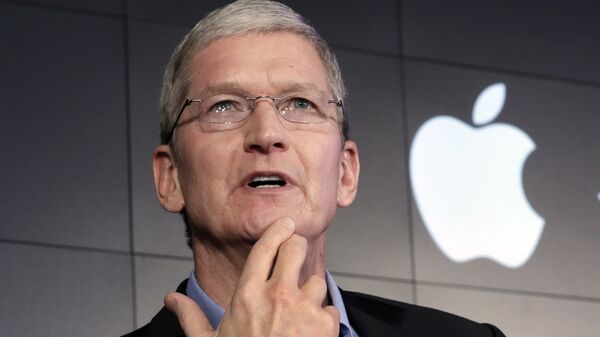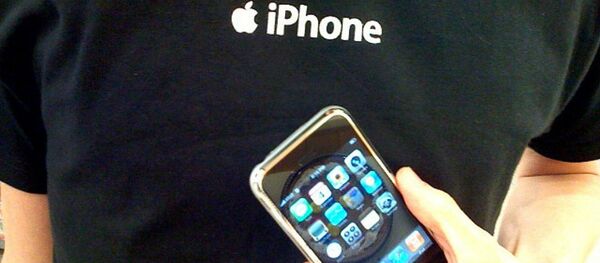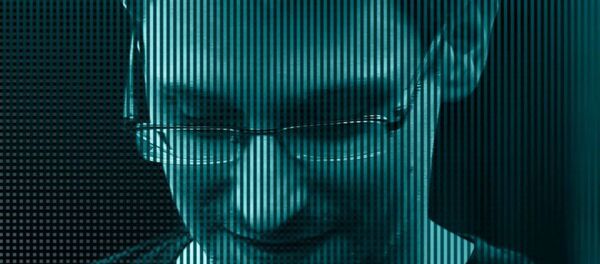The motion, filed on Friday morning in Riverside, California, reads: “The order does not, as Apple’s public statement alleges, require Apple to create or provide a ‘back door’ to every iPhone; it does not provide ‘hackers and criminals’ access to iPhones; it does not require Apple to ‘hack [its] own users’ or to ‘decrypt’ its own phones; it does not give the government ‘the power to reach into anyone’s device’ without a warrant or court authorization; and it does not compromise the security of personal information.”
— Beatriz Valenzuela (@BeatrizVNews) February 19, 2016
“Up to this point, we have done everything that is both within our power and within the law to help them. But now the U.S. government has asked us for something we simply do not have, and something we consider too dangerous to create. They have asked us to build a backdoor to the iPhone,” Cook wrote.
Cook noted that government assurances that this is a one-time issue cannot guarantee that a hacked version of the iPhone operating system would not be leaked to the public, or that federal organizations would not expand their snooping to include all iPhones.
“Specifically, the FBI wants us to make a new version of the iPhone operating system, circumventing several important security features, and install it on an iPhone recovered during the investigation,” Cook said. “In the wrong hands, this software — which does not exist today — would have the potential to unlock any iPhone in someone’s physical possession.”
"The government could extend this breach of privacy and demand that Apple build surveillance software to intercept your messages, access your health records or financial data, track your location, or even access your phone's microphone or camera without your knowledge,” according to the Apple statement.
A federal court hearing in California has been scheduled for March 22.




